The Ebola outbreak in 2014 and 2015 had a devastating impact on Liberia. The country experienced 10,678 suspected, probable, and confirmed cases of Ebola, with 4,810 deaths. This overwhelmed an already fragile health care system. Schools and many businesses closed for nearly a year, and many government institutions were unable to provide basic services. In response, USAID, in partnership with the Government of Liberia and other international donor and implementing organizations, led a U.S. Government effort to contain the disease and bring the number of cases to zero.
Video Transcript [00:00:00.00] [MUSIC PLAYING]
[00:00:06.44] When the Ebola crisis hit Liberia, it was a real terrifying moment. We thought we were dealing with a situation that was contained, not knowing it blew out of proportion and entered the capital city of Monrovia. And hell broke loose, actually. System broke down, a lot of people were dying, so there was no capacity.
[00:00:28.75] The deadly Ebola virus swept through Liberia in 2014, and by July had spread to the capital city of Monrovia.
[00:00:36.94] It was scary. People were scared. I remember I had just been assigned to Liberia. So as I was entering airport and entering the country, everybody was leaving. And I was looking and wondering if I'm going towards the right direction.
[00:00:53.81] ELWA set up a small isolation unit right in our chapel, actually. And that was where Dr. Kent Brantly was working when he unfortunately came down with Ebola virus himself. And I wound up getting Ebola from a pregnant woman who we were caring for at that time.
[00:01:10.66] [MUSIC PLAYING]
[00:01:16.21] Against this challenging backdrop, USAID, along with the people and government of Liberia, worked to combat this deadly virus. In the crowded county of West Point, it was critical to gain the trust and work with the local population.
[00:01:31.25] When we first heard that there was Ebola in West Point, it was hard to see how we could get people talk when nobody wanted to talk. These people are congested. It was 70,000 people in limited houses. I wanted to do anything, because I knew that they had all of the right environment to be an explosive case. And minute would dive if we did not intervene.
[00:01:47.80] Contacts were difficult to isolate. There were many unsafe burial practices. And people unfortunately would hide the sick, and hide dead bodies. If you're unable to isolate cases quickly, transmission actually increases.
[00:02:05.20] This is a culture that loves hugging, shaking hands. We had no handshakes for two years. No, you know, greeting, hugging. It was difficult for people to start understanding that and understanding what it takes to transfer the virus. And doing behavior to change communication interventions played the key factor.
[00:02:26.67] Dr. Fallah formed a group to do the contact tracing. You have to make sure and go painstakingly it to go to those contacts and get them so that you get to the last chain of transmission of the disease.
[00:02:38.58] [MUSIC PLAYING]
[00:02:58.06] The service delivery had declined tremendously. And as part of our pillar two response, we focused on restoring those basic health services. And I think the data shows that we have been very successful. Outpatient services doubled between 2013 and 2017. We were able to restore the services and the capability to deliver services that at 77 health sites.
[00:03:22.15] [MUSIC PLAYING]
[00:03:30.17] The crisis left close to 15,000 Ebola survivors. As part of its pillar two recovery, USAID launched its Fighting Ebola Grand Challenge. This grant sparked an innovation that drastically improved conditions for health workers and patients. The Baylor College of Medicine developed the emergency smart pod.
[00:03:50.48] [MUSIC PLAYING]
[00:04:01.20] And I'll tell you, having the pod here has been a wonderful resource. We've used it for Lassa fever cases, we've used it for a lot of tuberculosis cases. It's there, available in case of measles outbreaks, as well. So it's been a great benefit to have it here.
[00:04:17.88] One of the grave side effects of Ebola is that the virus can severely damaged survivors' eyes. The pod created a safe, sterile, and isolated environment for cataract surgery. The renewed ability to see clearly has allowed these courageous survivors fresh hope, and the ability to perceive a better future.
[00:04:39.96] These strong indications that the investment in resources and training had produced tangible results encountered a new challenge. On April 25, 2017, health officials in Sinoe County encountered a mysterious illness that presented some of the hemorrhagic symptoms that might indicate a resurgence of Ebola.
[00:04:59.82] We started hearing people are dying. So the whole country and the whole region and the whole world was engulfed again with fear. Over five person died the first day.
[00:05:11.31] Within 24 hours of learning of the illness, the Ministry of Health used their training to search for clues that could solve this unidentified threat. Their investigation yielded swift results. It was not Ebola. It was meningitis.
[00:05:26.34] The team were able to respond and quickly continue. That's a good sign for us. We have developed a lab capacity. The were able to track and respond. We developed a surveillance system that is working effectively.
[00:05:38.46] We used a cell phone text messaging system called mHero to actually get everything out there, and sure that every single health community, health center knew what the symptoms were and knew what to look for. And so the outbreak was gotten under control very, very rapidly.
[00:05:51.54] [MUSIC PLAYING]
[00:05:59.21] So mHero is being used in all the different counties in Liberia right now. The National Center, and also the Ministry of Health uses this information to collect information from health workers in the rural areas to the National Center.
[00:06:12.01] No Health Care workers got infected. Contact tracing started immediately. And the disease was stopped from the first generation. That's how you test a system to know whether or not there is some robustness in the system.
[00:06:28.13] I think one of the major lessons learned in West Africa is engage the community from the start. Find out what they need. Find out what their thoughts are on the outbreak and on the response.
[00:06:42.43] I think all rules are above ourselves. The rules had a sense that we got to protect our country.
[00:06:48.38] I'm amazed at how tough people are, and how even joyful they can be when their circumstances are so challenging. What gets me excited is being able to build into and invest in the next generation of people here. It's a great feeling. Because I know that will go on. And they'll train others, and they'll train the others, and that'll go on forever.
[00:07:16.82] We were able to establish a program to treat Ebola virus disease, which was brand new in the world. It wasn't easy. It was challenging. But I think it's achievement that we can all be proud of.

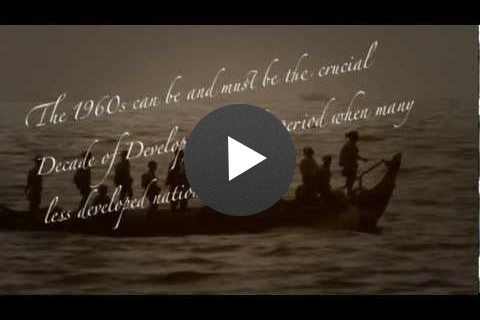
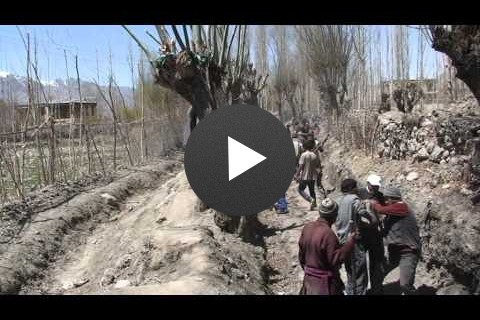
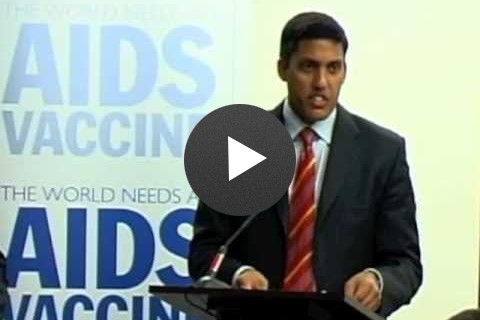
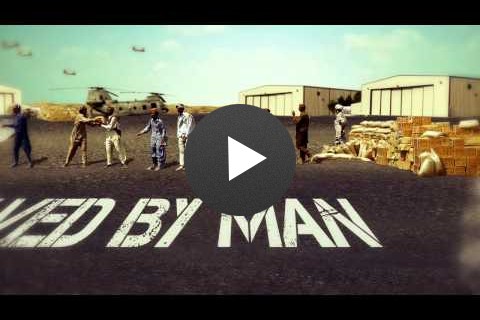
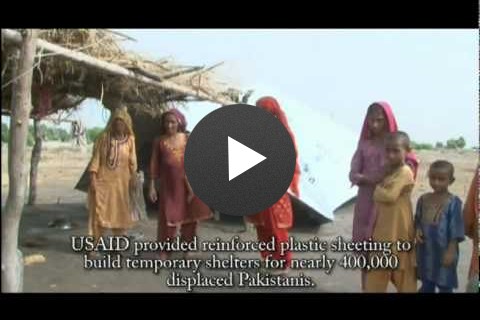
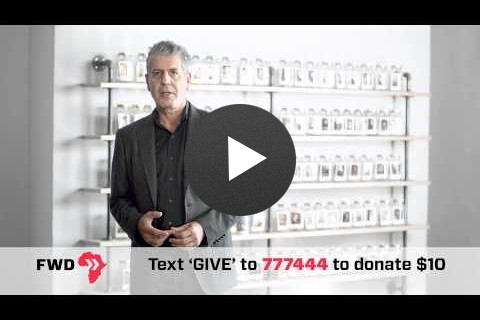
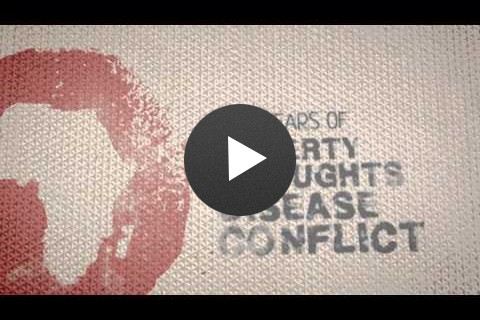
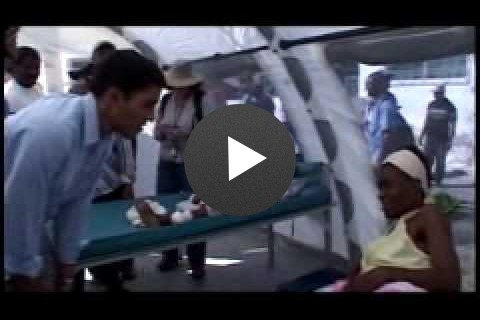
Comment
Make a general inquiry or suggest an improvement.